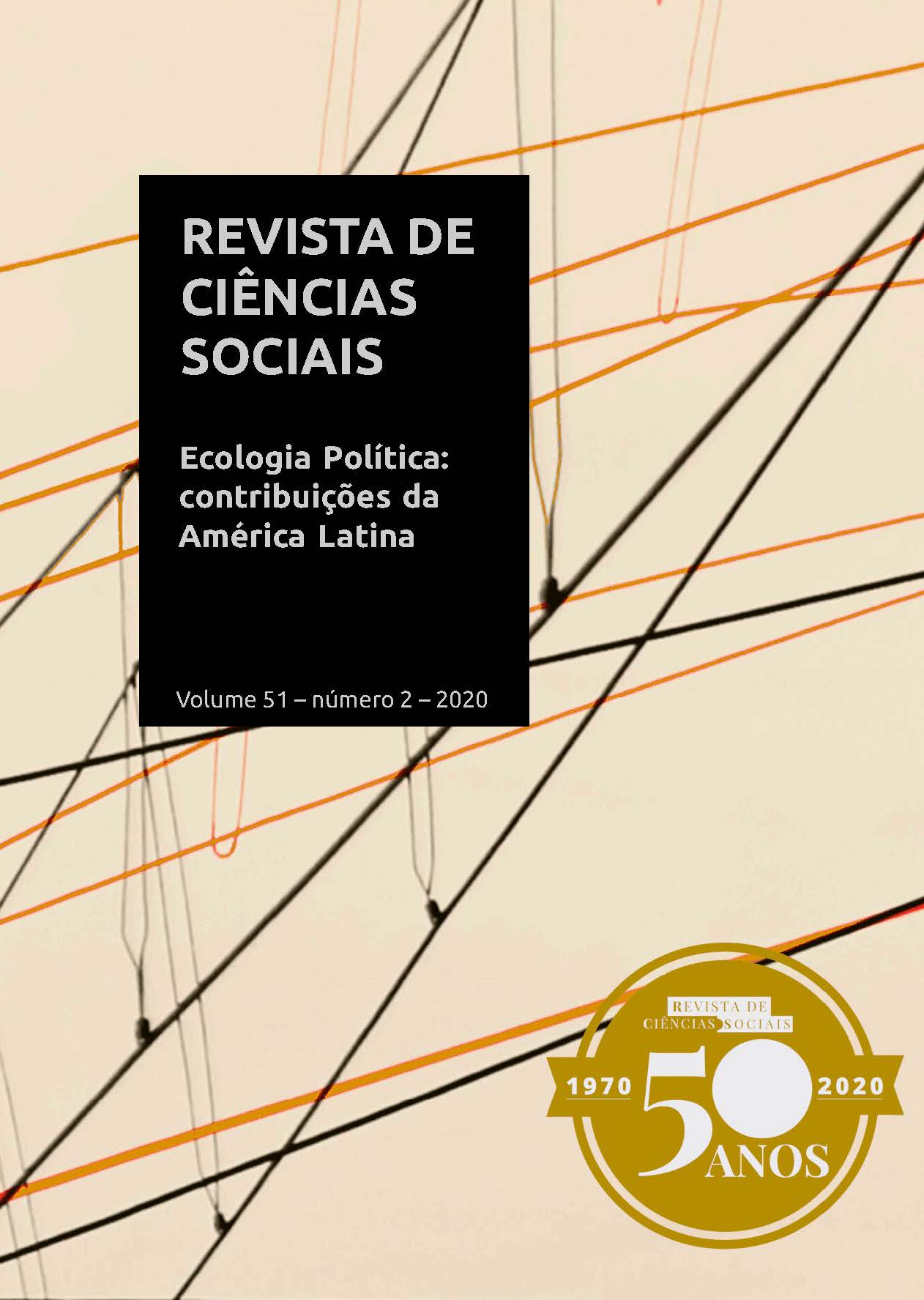The Anacé indigenous people and the Pecém Industrial and Port Complex, in the Brazilian state of Ceará
Development and resistances in the context of the barbarism to come
DOI:
https://doi.org/10.36517/rcs.2020.2.d05Keywords:
socioenvironmental conflict, development, resistances, indigenous people AnacéAbstract
The article aims to explore the narratives surrounding the construction of the Pecém Industrial and Port Complex in Ceará, in opposition to the demands of the Anacé Indians for the demarcation of their territory, making visible the conflicts between the indigenous perspective and the State perspective that, allied to the national and international capital, it intends to guarantee the implantation of innumerable primary industries in the region. Resulting from a qualitative study that triangulates various methods (participant observation, free and semi-structured interviews, as well as bibliographic and documentary survey), I sought to reflect on the agency and mobilizations engendered by the Anacé so that their narratives, which directly conflict with the proposals. Ceará State, were made visible, thus making public other meanings of “development”.
Downloads
Published
How to Cite
Issue
Section
License
Autores que publicam nesta revista concordam com os seguintes termos:- Autores mantém os direitos autorais e concedem à revista o direito de primeira publicação, com o trabalho simultaneamente licenciado sob a Creative Commons Attribution License, que permite o compartilhamento do trabalho com reconhecimento da autoria do trabalho e publicação inicial nesta revista.
- Autores têm autorização para assumir contratos adicionais separadamente, para distribuição não-exclusiva da versão do trabalho publicada nesta revista (ex.: publicar em repositório institucional ou como capítulo de livro), com reconhecimento de autoria e publicação inicial nesta revista.
- Autores têm permissão e são estimulados a publicar e distribuir seu trabalho online (ex.: em repositórios institucionais ou na sua página pessoal) a qualquer ponto antes ou durante o processo editorial, já que isso pode gerar alterações produtivas, bem como aumentar o impacto e a citação do trabalho publicado (Veja O Efeito do Acesso Livre).



